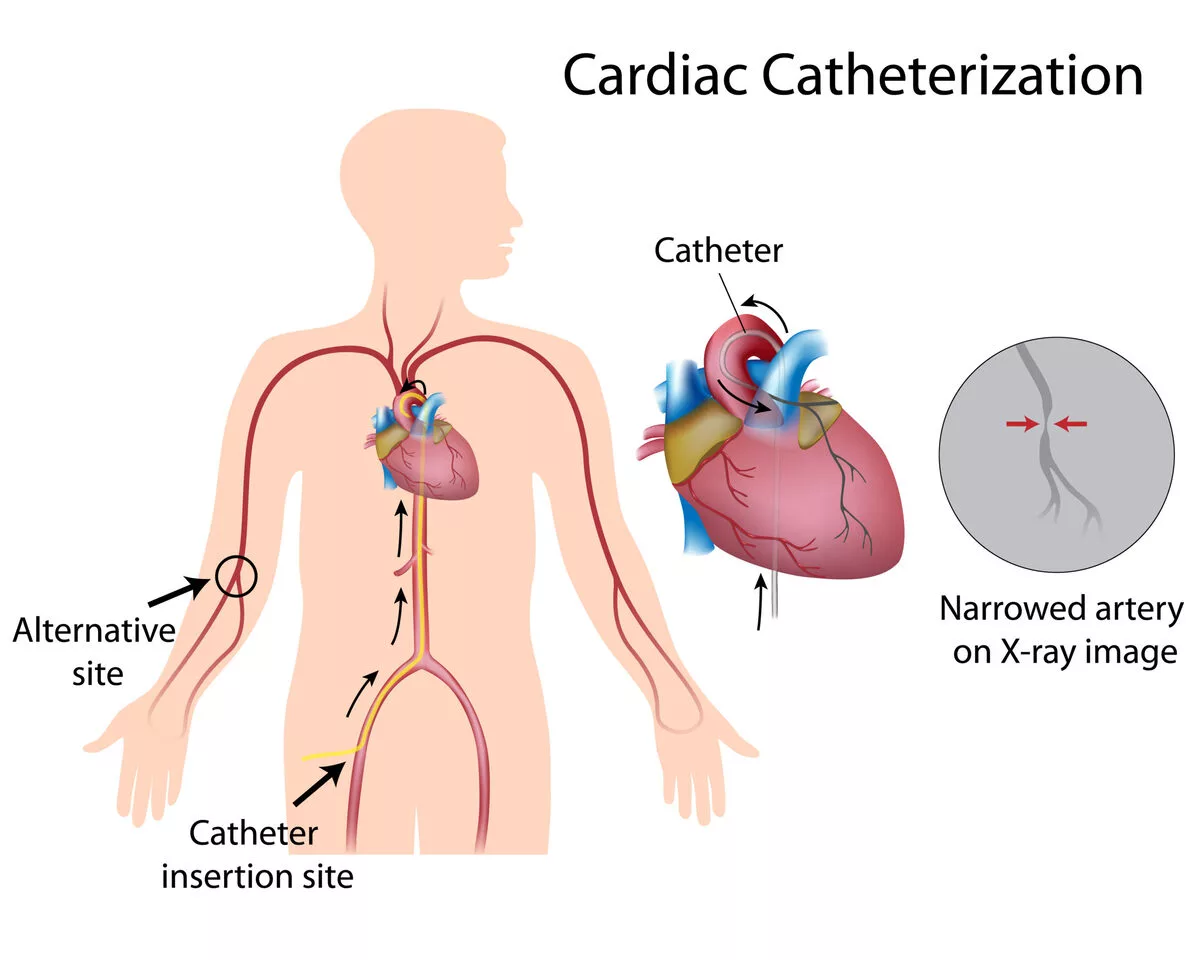Panic attacks are intense episodes of fear or anxiety accompanied by a range of physical and psychological symptoms. While panic attacks are commonly associated with psychological and physiological factors, some individuals believe that there are spiritual reasons for panic attacks.
What Triggers Panic Attacks?
Panic attacks can be attributed to three primary sources, each with unique contributing factors: genetic predisposition, anxiety originating in childhood, and reactions to adult challenges. Despite their differences, these causes share one crucial aspect: they are beyond your control. Understanding the root causes of panic attacks can also provide insight into potential triggers. For instance, panic attacks stemming from childhood experiences may be provoked by interactions with family members who caused harm during those formative years, or by situations reminiscent of past events. By implementing effective coping strategies and recognizing triggers, panic attacks arising from adult challenges can be anticipated or even prevented.
Navigating Panic attacks: Effective Coping Techniques
Besides identifying the stages of a panic attack, it’s essential to practice one or more coping skills to address your symptoms. These techniques can be exercised in a secure setting with a mental health professional or in the comfort of your home.
- Engage your senses: Identify three things you can see, touch, hear, and smell. Concentrating on the present moment and your surroundings helps ground you in reality, taking your focus away from your thoughts. Drinking a sip of cold water can augment this experience and support the sensory exercise.
- Ground yourself: Envision your feet firmly planted into the ground. With your eyes closed, imagine sinking into the earth, feeling a solid base beneath your feet, and allowing the ground to support you. If possible, lie down or sit so that more of your body is grounded. Notice your body’s contact points with the surface – the back of your legs, knees, hands, or any other body part connected to the earth.
- Tense and relax your muscles: Starting at your toes, contract and release each muscle group in your body. Progress from your feet to your calves, thighs, torso, and finally, your facial muscles. Even in public, you can perform this exercise mentally, as consciously thinking about it yields similar effects as physically doing it.
As you explore anxiety disorders and their origins, you can regain control and discover what works best for you. If you require more comprehensive assistance, the Therapeutic Solutions team is here to support you. We understand the fear and stress associated with anxiety and recognize the urge to escape it. However, learning to work through these experiences is crucial for long-term well-being.
Strategies for Getting Rid of Panic Attacks
Identify triggers: The first step in getting rid of panic attacks is to identify the situations or stimuli that provoke them. Keep a journal to track your experiences, emotions, and potential triggers. By recognizing the patterns, you can better anticipate and prevent panic attacks.
- Deep breathing exercises: During a panic attack, your breathing may become rapid and shallow, exacerbating the symptoms. Practicing deep breathing techniques can help regulate your breathing, calm your nervous system, and reduce anxiety. One effective method is the 4-7-8 technique, where you inhale for four counts, hold the breath for seven counts, and exhale for eight counts.
- Mindfulness and meditation: Mindfulness practices and meditation can help you stay grounded in the present moment, preventing the escalation of anxious thoughts. Regular meditation can also improve your overall stress management, making you less susceptible to panic attacks.
- Exposure therapy: For those whose panic attacks are triggered by specific situations or phobias, exposure therapy can be beneficial. With the guidance of a mental health professional, you can gradually face your fears in a controlled environment, desensitizing yourself to the triggers and reducing the likelihood of panic attacks.
- Cognitive-behavioral therapy (CBT): CBT is an evidence-based approach to getting rid of panic attacks. It involves identifying and challenging irrational thoughts and beliefs that contribute to panic attacks, replacing them with healthier and more balanced perspectives.
- Lifestyle changes: Incorporating healthy habits into your daily routine can significantly impact your mental health. Regular exercise, a balanced diet, and adequate sleep can help regulate stress levels, making you less prone to panic attacks.
- Professional support: If panic attacks persist despite self-help strategies, consider seeking professional assistance from a therapist or psychiatrist. They can provide personalized guidance and may recommend medication to manage your symptoms more effectively.
Unraveling spiritual reasons for panic attacks
In our fast-paced modern world, panic attacks have become a common concern for many. While most people are familiar with the psychological and physical causes, it’s essential to consider the lesser-discussed spiritual reasons for panic attacks. By delving into the spiritual aspects, we can attain a more comprehensive understanding of this phenomenon and uncover additional coping strategies for those affected.
What are spiritual reasons for panic attacks?
Spiritual reasons for panic attacks can manifest in various ways, such as energy imbalances, unprocessed emotions, or unresolved past experiences. These factors can create an emotional and spiritual dissonance that contributes to feelings of panic and anxiety.
- Energy imbalances: According to various spiritual beliefs, our bodies consist of energy centers, or chakras, that regulate our emotional, mental, and physical well-being. If one or more of these chakras become imbalanced or blocked, it can lead to panic attacks and anxiety. For example, an imbalance in the root chakra, which relates to our sense of security and stability, may contribute to feelings of fear and unease.
- Unprocessed emotions: Our emotional well-being plays a crucial role in our spiritual health. When we fail to confront and process emotions such as anger, guilt, or shame, they can accumulate and create internal tension. This tension may eventually manifest as panic attacks, as our emotional and spiritual selves struggle to cope with the unaddressed feelings.
- Unresolved past experiences: Many spiritual practitioners believe that both past-life experiences and traumatic events from our current lives can leave an imprint on our spiritual selves. If these experiences remain unresolved, they can contribute to feelings of anxiety and panic, as our subconscious mind attempts to process the lingering spiritual wounds.
Coping with spiritual reasons for panic attacks
By addressing the spiritual reasons for panic attacks, we can uncover new pathways to healing and self-discovery. Here are a few strategies to consider:
- Energy healing: Practices such as Reiki, chakra balancing, and crystal therapy can help restore balance to your energy centers, alleviating the spiritual causes of panic attacks. Regular sessions with a qualified practitioner can promote a sense of calm and well-being.
- Emotional release techniques: Engaging in practices like journaling, meditation, or therapy can help process and release unresolved emotions. As you work through your emotions, you’ll likely experience reduced anxiety and panic, paving the way for spiritual growth.
- Past-life regression therapy: For those who believe in the concept of past lives, past-life regression therapy can offer insight into unresolved spiritual wounds. By understanding and healing these past experiences, you may find relief from panic attacks and anxiety associated with them.
- Emotional release techniques: Engaging in practices like journaling, meditation, or therapy can help process and release unresolved emotions. As you work through your emotions, you’ll likely experience reduced anxiety and panic, paving the way for spiritual growth.
- Past-life regression therapy: For those who believe in the concept of past lives, past-life regression therapy can offer insight into unresolved spiritual wounds. By understanding and healing these past experiences, you may find relief from panic attacks and anxiety associated with them.
In conclusion, understanding the spiritual reasons for panic attacks offers a unique perspective on this widespread issue. By exploring these underlying causes and employing holistic coping strategies, individuals can achieve a greater sense of balance, healing, and spiritual growth.













